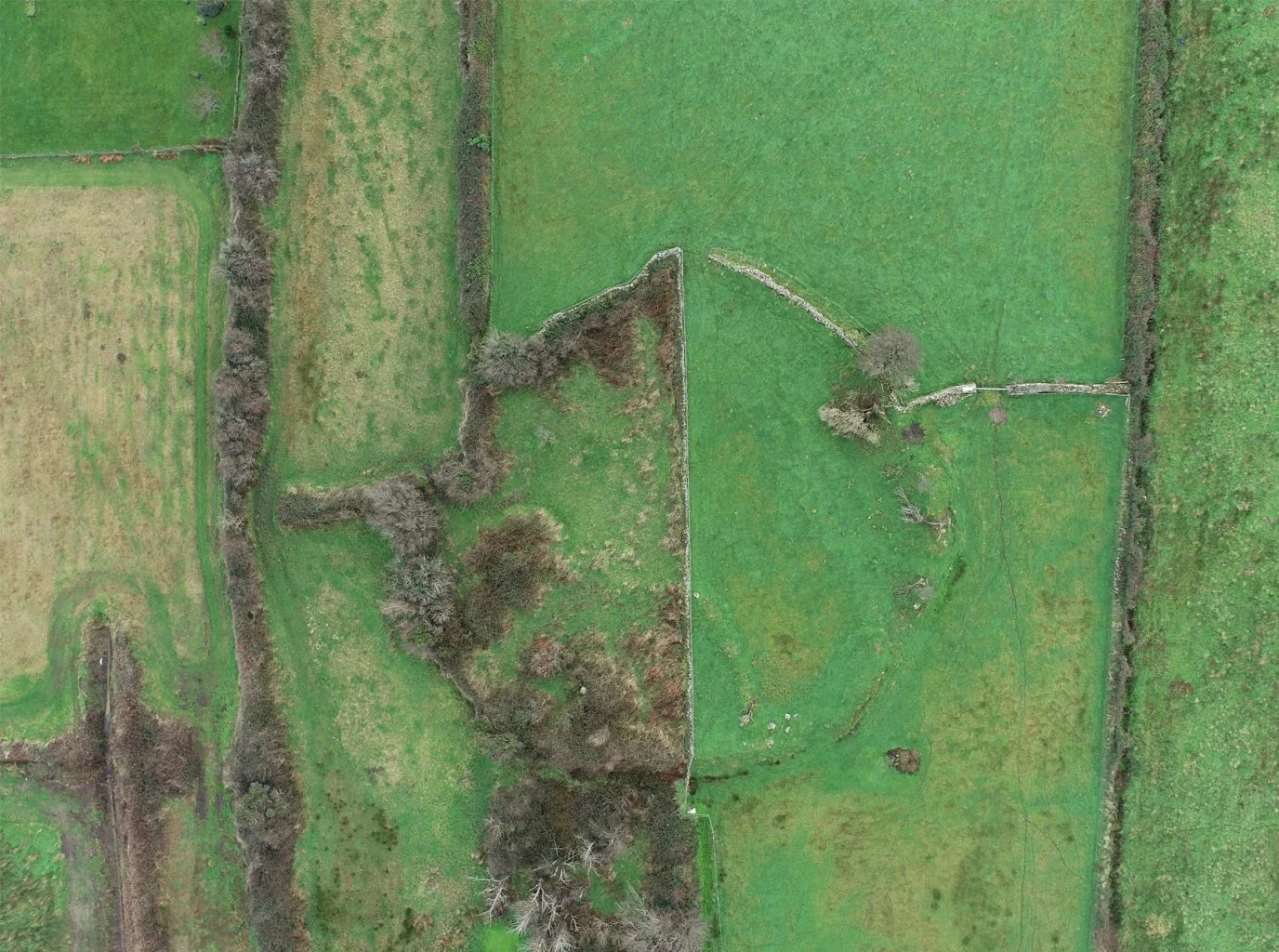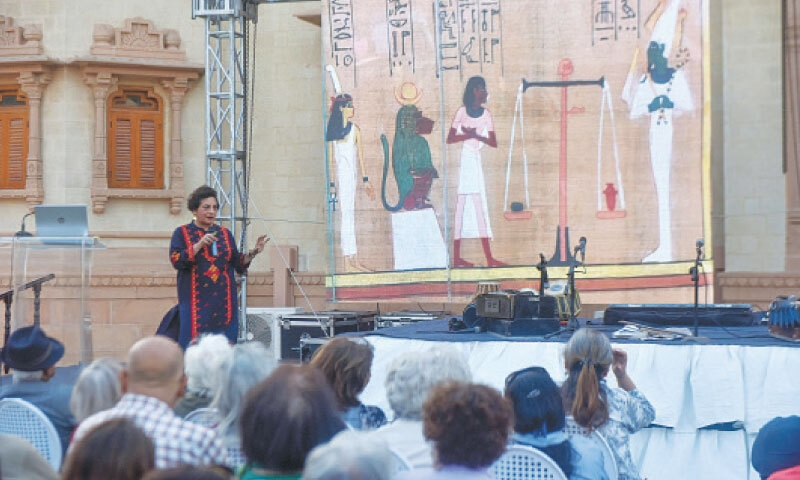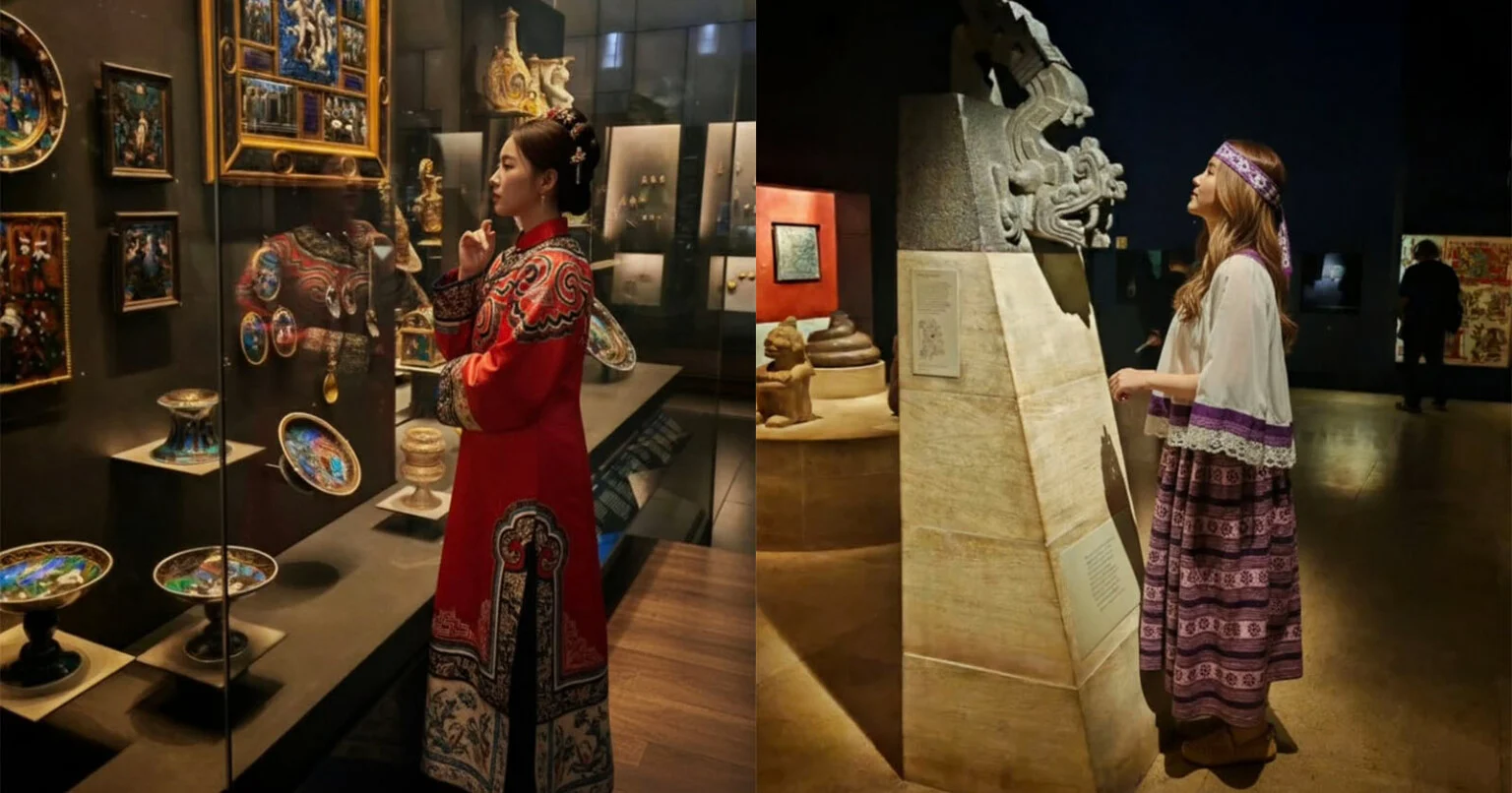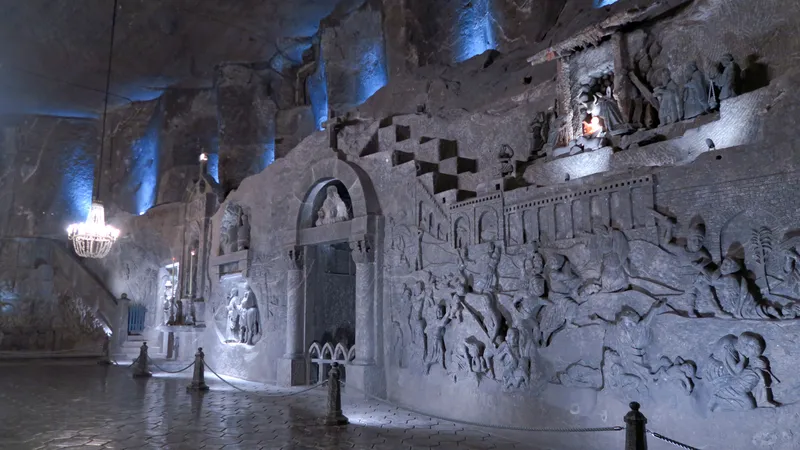Archaeologists have recently made a striking discovery in Germany, unearthing an ancient burial site near the village of Oppin in the state of Saxony-Anhalt. This find sheds light on intriguing burial practices of prehistoric peoples, revealing a profound fear of the dead returning to life.
The burial site in question is no ordinary grave; it represents what archaeologists refer to as a "revenant" grave, a term borrowed from folklore describing individuals who return from the dead, either as spirits or animated corpses, often to haunt or menace the living. These graves, colloquially dubbed "zombie" graves, have been found across Europe, dating back thousands of years.
What sets these graves apart are the precautions taken by ancient communities to prevent the deceased from rising again. In the case of the German burial, a man aged between 40 to 60 years old was found in a crouched position, with a sizable stone—measuring approximately 3.2 feet in length and 1.6 feet wide—placed over his legs. Archaeologists speculate that this stone was intentionally positioned to weigh down the body, possibly to thwart any attempt at resurrection.
This fear of the dead transcends epochs and cultures. Even in the Stone Age, people sought to ward off the return of the deceased through rituals and magical practices. Susanne Friederich, an archaeologist involved in the excavation, explains that ancient beliefs held that the dead might attempt to claw their way out of their graves, hence some were buried face down, as if to thwart their ascent to the surface.
The burial site dates back around 4,200 years, the archaeologist said. Photo: © LDA Saxony-Anhalt, Anja Lochner-Rechta
While the exact dating of the grave is yet to be determined, it appears to be associated with the Bell Beaker culture, which emerged over 4,500 years ago in Europe. This find is particularly significant as it could represent the first revenant grave from the Bell Beaker period discovered in central Germany. Such a discovery is rare, given the limited evidence of such burial customs within this culture.
Beyond the revenant grave, the excavation unearthed further artifacts, including another grave from the Bell Beaker culture and remnants of a hearth, providing valuable insights into the daily lives and beliefs of ancient peoples. This discovery underscores the enduring fascination with death and the afterlife, offering a glimpse into the fears and rituals of our distant ancestors.








